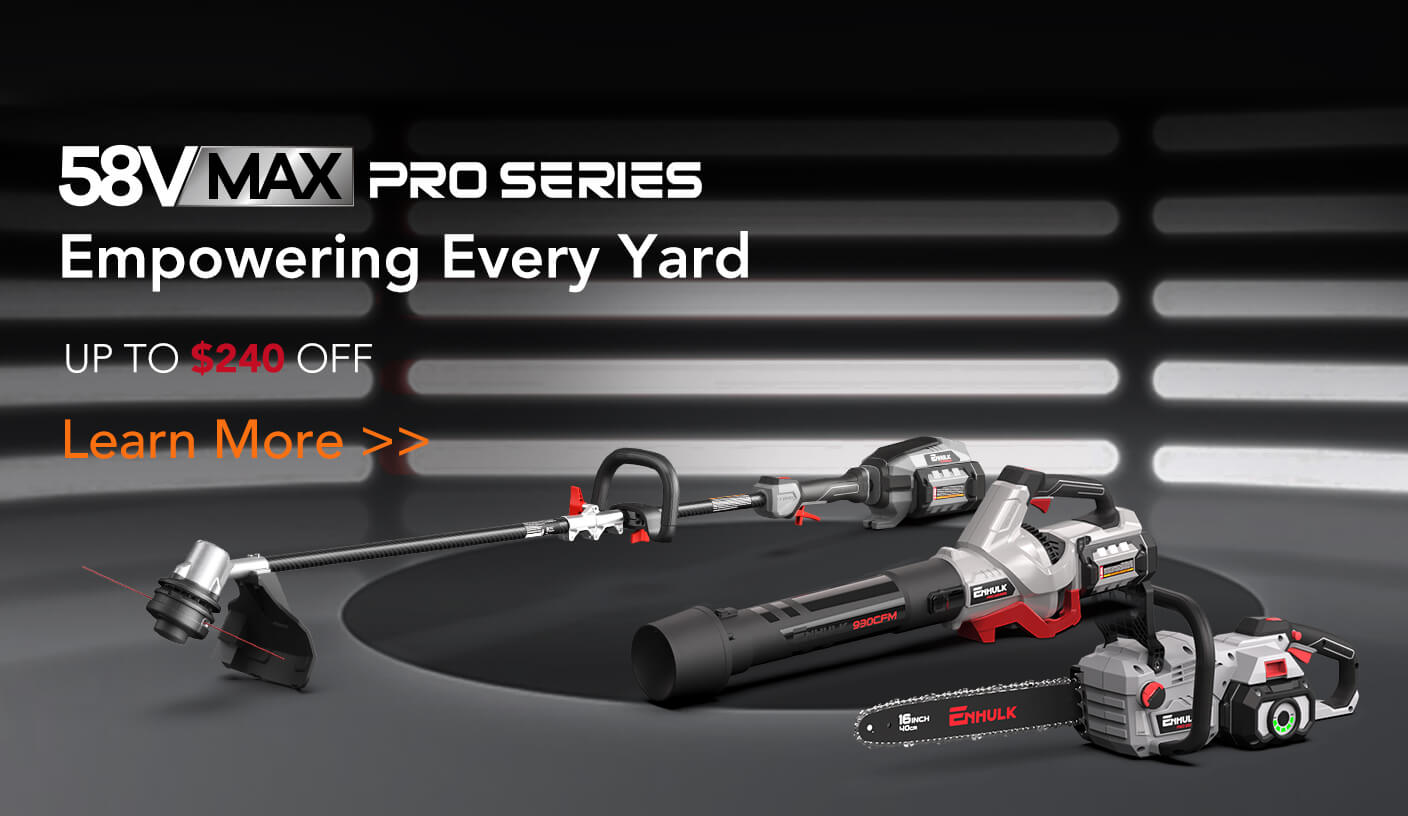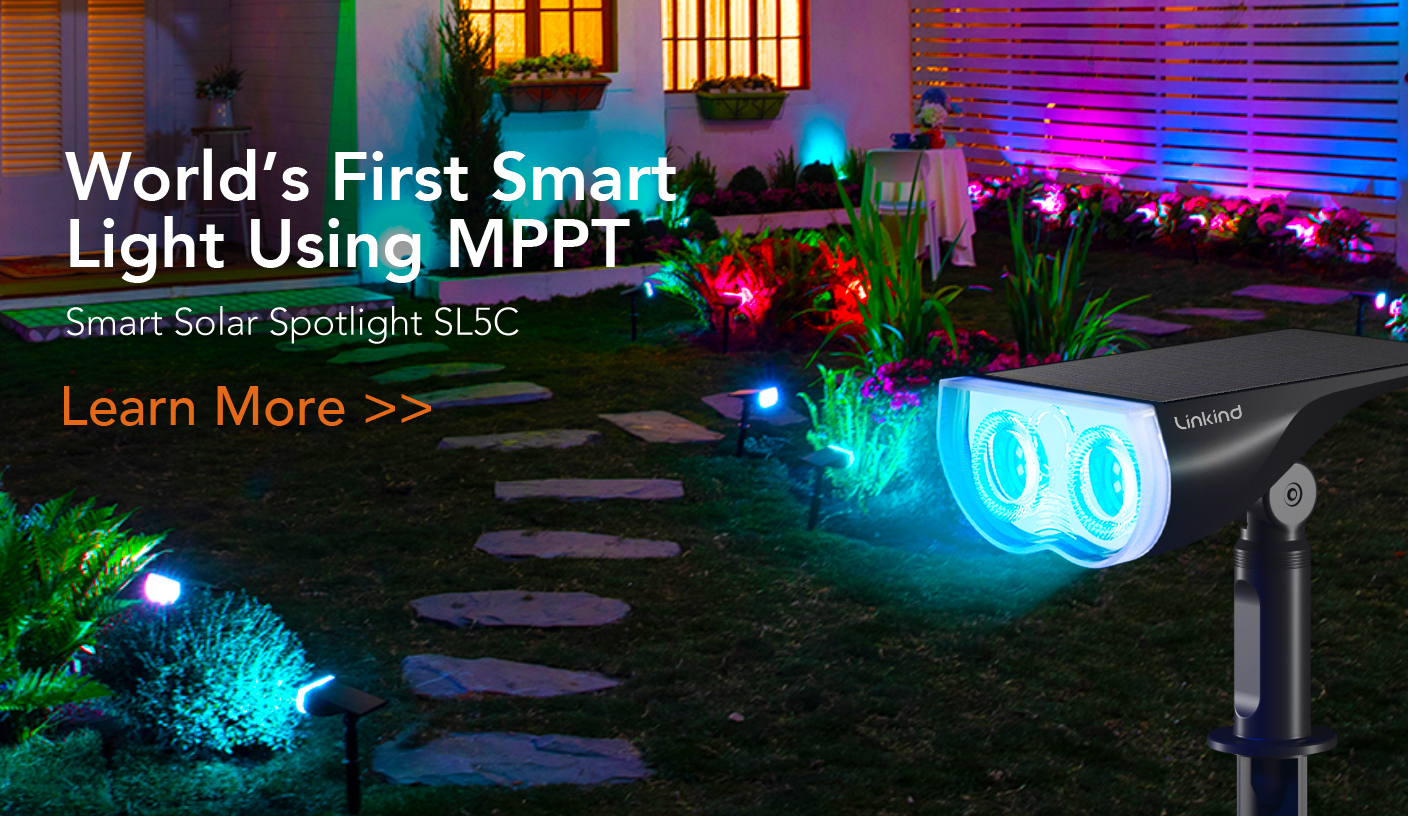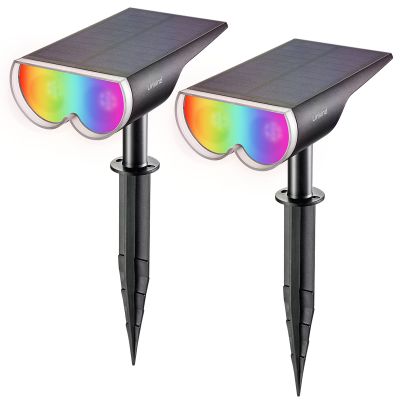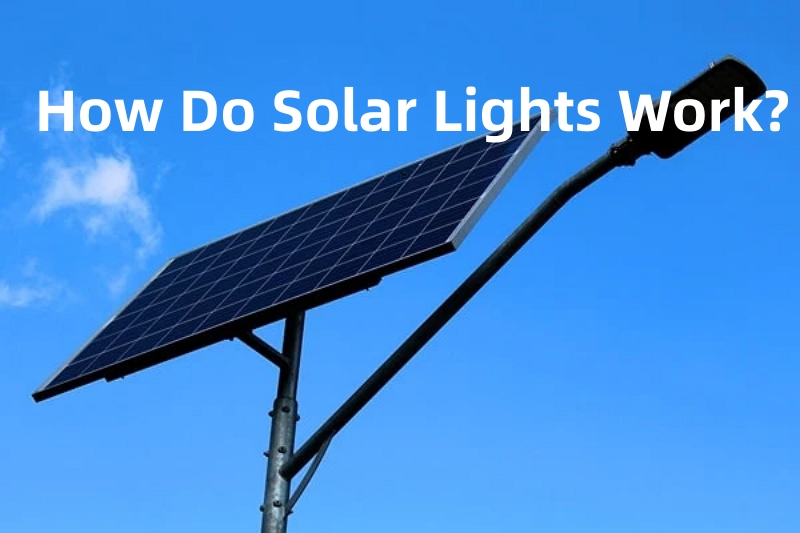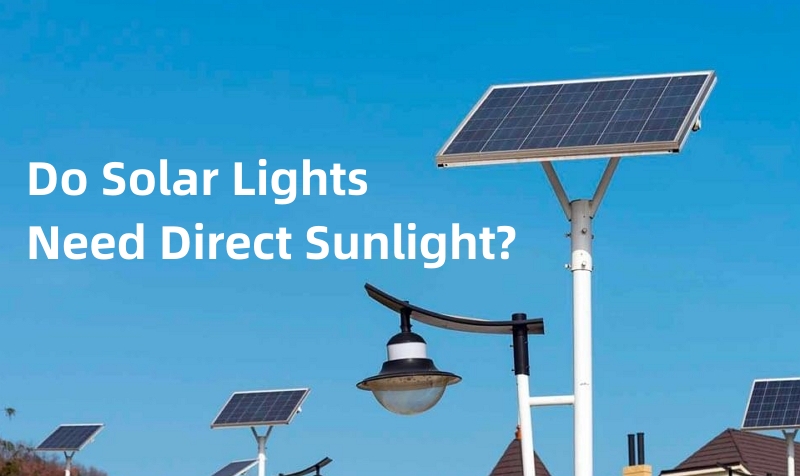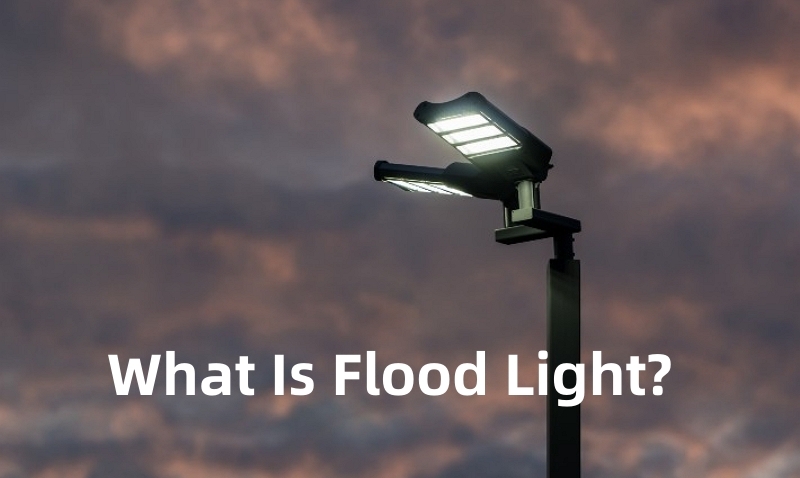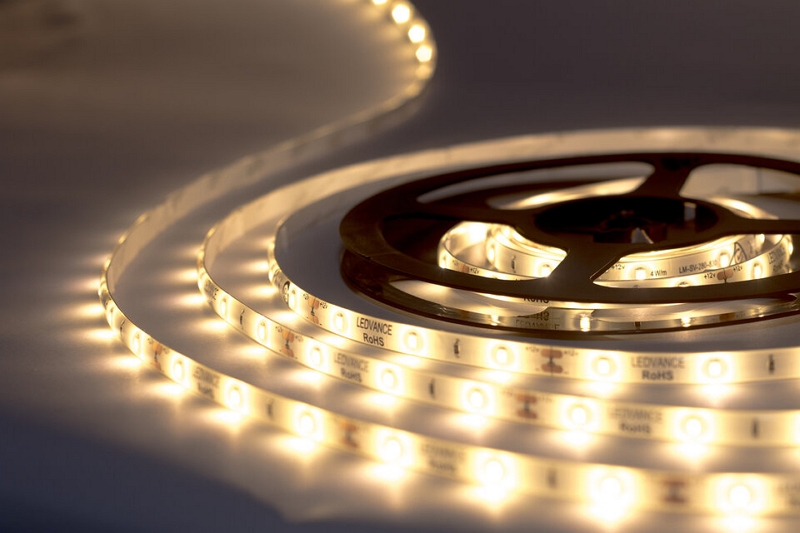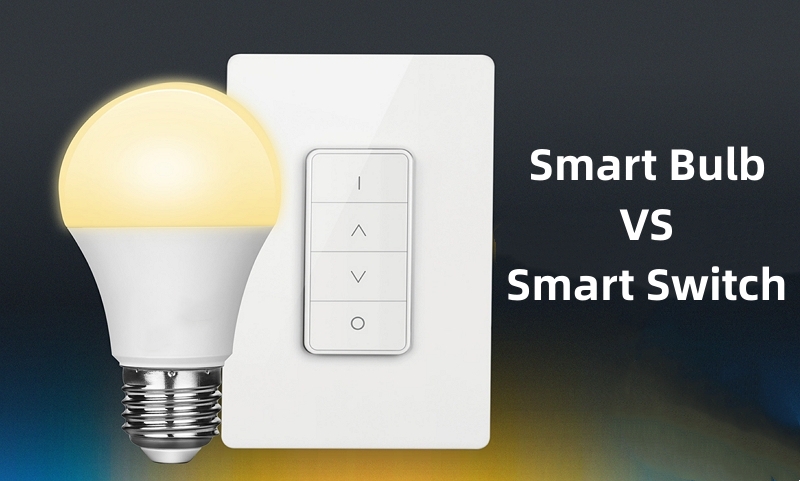Solar lights have revolutionized the lighting world, offering a cost-effective and eco-friendly alternative to traditional wired systems. As they utilize the sun's energy to get power, they are sustainable and a top choice for anyone conscious of the environment. So, if you are thinking of investing in solar lights, one crucial question you might have is, "How long do solar lights last?"
Having proper knowledge about the working hours and lifespan of solar light is essential to ensure your investment serves you in the long run. This article will discuss everything from solar lights‘ lifespan to tips on how to maximize their lifespan. Let's dive in!
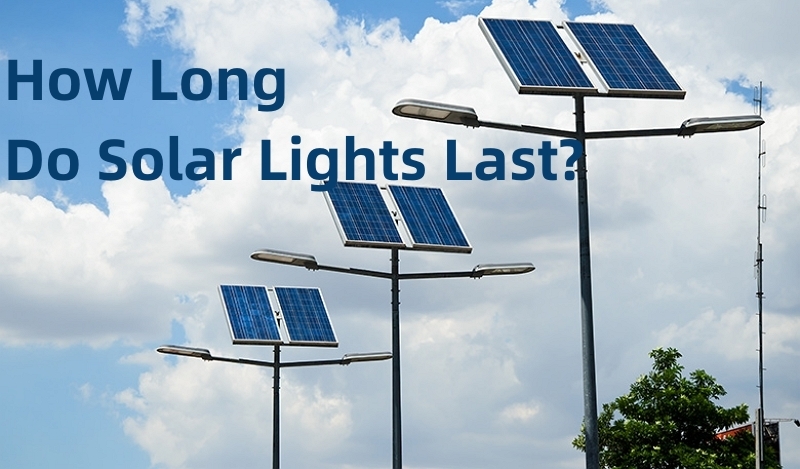

Part 1. A Brief Introduction to Solar Lights
As the name suggests, solar lights are lighting fixtures powered by the sun's energy. They have photovoltaic (PV) cells, also known as solar cells, which can be utilized to convert sunlight into electricity. PV or solar cells are typically made from silicon and can generate electricity when exposed to sunlight.
Although solar light consists of many components - the primary component is the solar panel - located on the top of the light fixture. There's also a battery connected to the solar light that stores the chemical energy during the day and converts it into electrical energy when needed. Here are some benefits of solar lights:
- Renewable Energy Source: Solar lights utilize sunlight, a renewable and sustainable energy source, reducing reliance on fossil fuels.
- Cost-Effective: Once installed, solar lights have minimal operating costs as they do not require electricity from the grid and don't add up to your energy bills.
- Easy Installation: Solar lights are very easy to install since they do not require wiring or connecting to the electrical grid. This makes them perfect for remote areas or locations where traditional lighting infrastructure is unavailable.
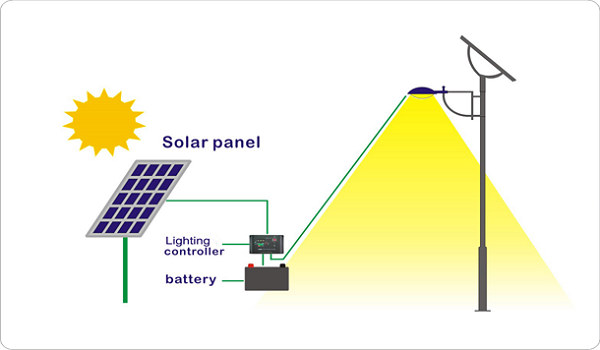

Part 2. How Long Do Solar Lights Last?
The answer to "How long do solar lights last?" is that solar lights last for six to ten hours every night and operate for two to ten years. However, the battery of your solar lights may get drained before the lights, as they have a shorter life span (four years). But no need to stress as you can easily change it with a new one and it's not even costly. Here are some factors that decide how long solar lights last:
- Working Environment: Exposure to harsh weather conditions like extreme heat, cold, rain, or snow can impact solar lights' durability. Additionally, the presence of dust, dirt, or other contaminants in the environment can affect the performance and longevity of solar lights. So, make sure you purchase lights that can withstand your environmental conditions.
- Operating Time: The operating time, or the number of hours that solar lights are active daily, can impact their lifespan. The more hours a solar light operates, the more stress it puts on the components, including the battery and solar panels. So, it is critical to focus on maintaining a balance between the required operating time and allowing sufficient charging periods to ensure optimal performance and longevity.
- Quality of Maintenance: Proper maintenance plays a crucial role in extending the lifetime of solar lights. Clean your solar panels to remove debris, dust, and obstructions to ensure maximum sunlight absorption and efficient energy conversion.
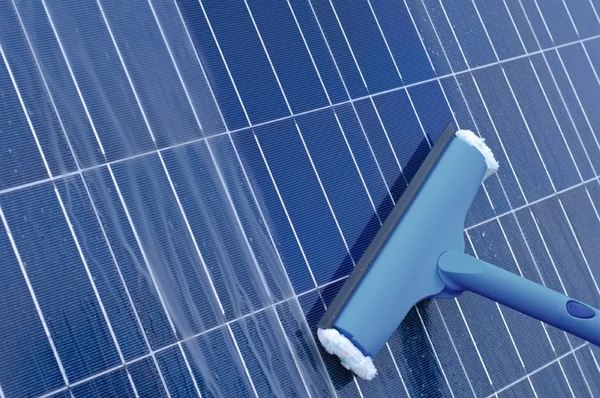

Part 3. How to Make Solar Lights Last Longer?
Now that you have the information about how long do solar lights last, let's discuss a few tips that will help you extend the lifespan of your solar lights:
1. Keep Them Clean
Regular cleaning is essential to maximize the efficiency and lifespan of your solar panels. Because how long do solar lights last when not cleaned? Not long! It's because dust, dirt, and debris can accumulate on the solar panels, diminishing their ability to absorb sunlight effectively.
Start by inspecting your solar lights for any visible dirt or grime. Gently wipe the panels and surfaces with a soft cloth using a mild detergent or a mixture of vinegar and water. Remember not to use abrasive materials or harsh chemicals that could damage the panels.
2. Install Them Correctly
Proper installation plays a critical role in the longevity of your solar lights. If you don't install your solar lights correctly, your battery drains quickly and reduces lifespan. So, before installation, carefully read the manufacturer's instructions to ensure you correctly position the lights. Solar lights need direct sunlight to function properly; therefore, avoid installing them in shaded areas or under tall trees that may obstruct sunlight.
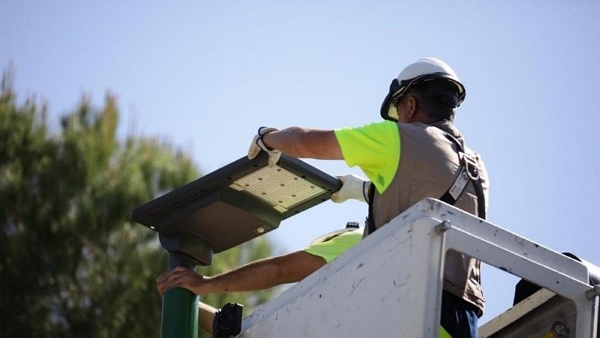

3. Select the Right Bulbs
Another thing to do to improve the lifespan of your solar lights is the usage of the right bulbs. LED (Light Emitting Diode) bulbs are highly recommended for solar lights due to their energy efficiency and durability. LED bulbs have a considerably longer lifespan than traditional incandescent or fluorescent bulbs, reducing the frequency of replacements. Typically, LED bulbs offer 50,000 hours of light, while some brands also brag about offering 100,000 hours of light, which is way more than traditional bulbs.
4. Protect Panels
The panels are the heart of your solar lights, converting sunlight into electrical energy. Protecting them from potential damage is essential for maintaining their efficiency and lifespan. Regularly inspect the panels and look for signs of cracks or damage. If you notice any potential issues, contact the manufacturer for guidance on repair or replacement. Additionally, consider using a protective coating or film specifically designed for solar panels to shield them from harsh weather conditions, such as excessive heat or hails.
Part 4. This Is the Right Solar Light for You!
Until now, you've got answers to how long solar lights last and tips to maximize their usage. Let's discuss the top solar light option for you.
The AiDot RGBW Outdoor Solar Landscape Light is a versatile lighting solution that can be used for landscaping and wall illumination. It features a flexible solar panel with an impressive photoelectric conversion rate of up to 20%, ensuring efficient energy utilization. Its IP67 waterproof rating can withstand even the harshest weather conditions, guaranteeing stable performance. Here are some key critical of this amazing AiDot solar light:
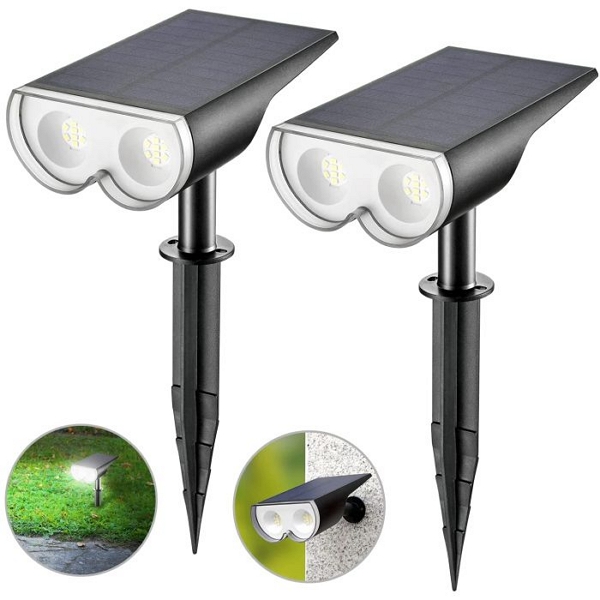

- Up to 650 lumens of around 6500K light output, 50% brighter than ordinary landscape lights.
- Adjustable angle for lights and solar panel: 180 degrees horizontally and 90 degrees vertically.
- 2 brightness lighting modes (Low Light Mode and High Light Mode) for various lighting needs.
- A photoelectric conversion rate of up to 20% for faster charging.
- Two installation options: ground stake or wall bracket.
- Durable anti-UV ABS material, free from unpleasant odors.
- IP67 waterproof rating for all-weather performance.
- A longer working time of 30,000 hours.
[Bonus Now]: Here is an exclusive coupon code only found in blog posts. Save it now (AiDotBG01) and get 10% off at AiDot mall!
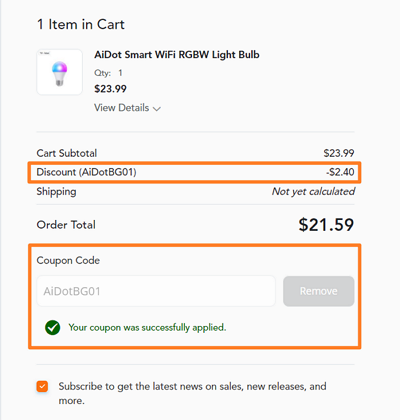

Conclusion
How long do solar lights last? Typically, they operate for 6 to 10 hours at night and last for two to ten years. However, you can increase their lifetime by keeping them clean, using good bulbs, and focusing on maintenance. The AiDot RGBW Outdoor Solar Landscape Light is the best solar light with an excellent LED bulb. It's eco-friendly, has around 16 LEDs, and is a perfect addition to outdoor lighting and events. Not only this, but it's also FC and CE certified, ensuring your safety. So, get in touch today to grab your favorite solar light from our renewable and sustainable lighting options!











